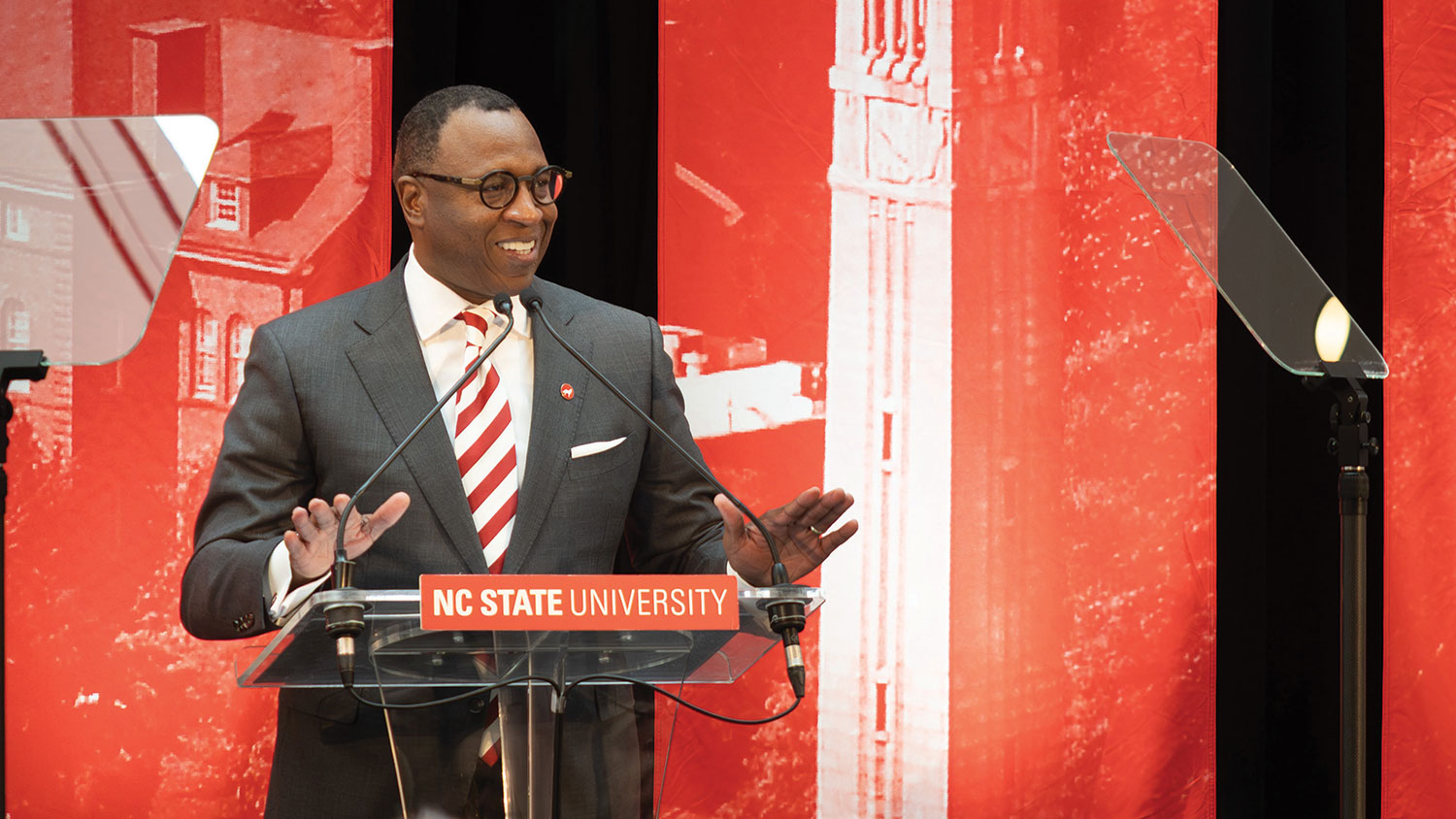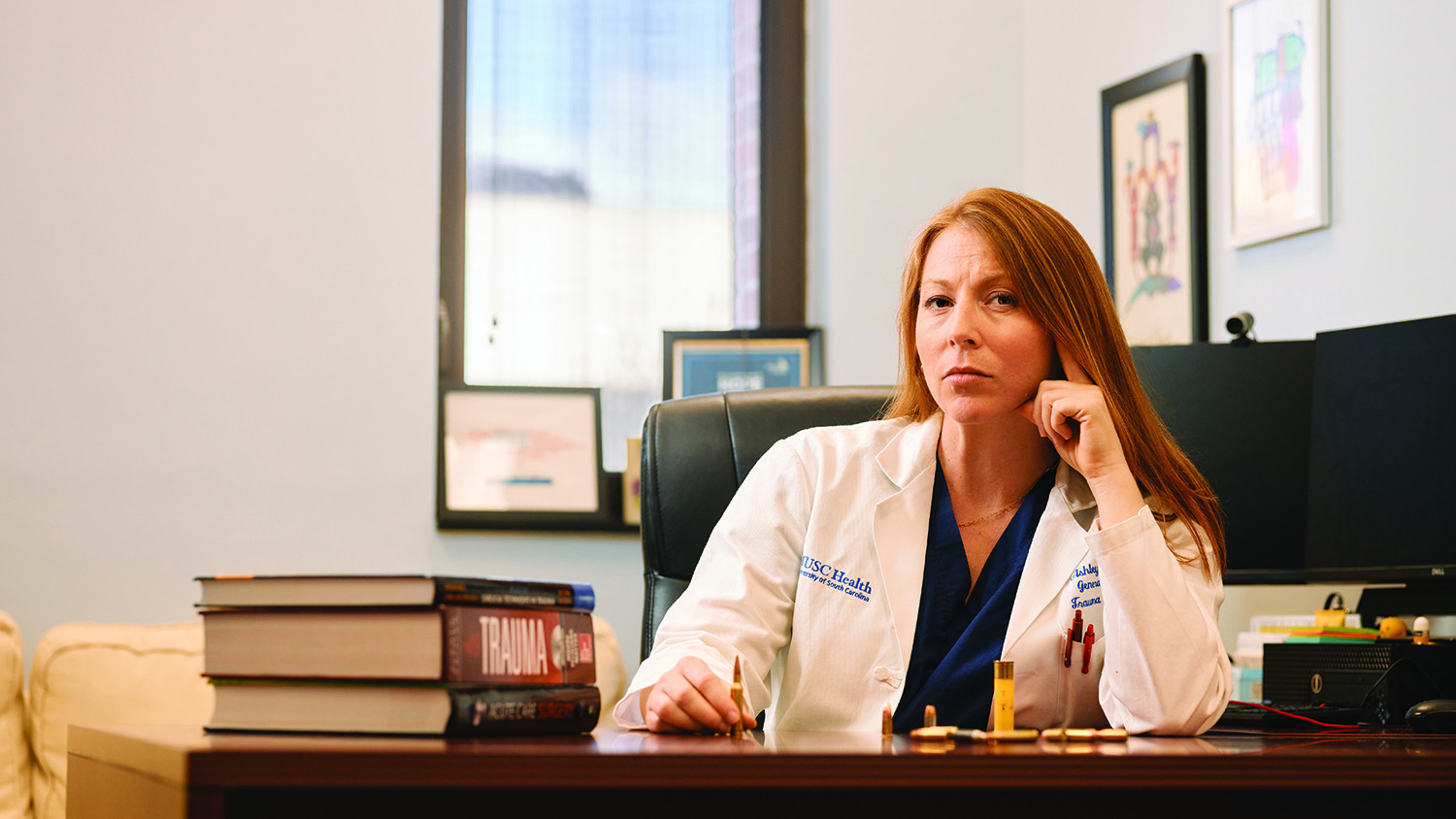Reflections on a STEM-Supported ‘Brilliant Flower’

Editor’s Note: Earlier versions of this article appeared in our print magazine, Accolades, and online.
In December 2015, Ambassador Karl Eikenberry delivered NC State’s commencement address and received an honorary degree from the university. Here are some of the reflections he shared at a university dinner on the eve of graduation:
The degree I will receive tomorrow — the Honorary Doctor of Humane Letters — has a special meaning to me.
The award of the honorary degree from institutions of higher learning can be dated at least back to Oxford University around 1470. The specific Honorary Doctor of Humane Letters relates to the humanities, though in ways that are not entirely clear after reviewing the historical evidence.
I have spent much of my professional career benefiting from a liberal arts education and witnessing the power of the arts, humanities and social sciences in helping human beings and civilizations move beyond self-absorption and the material, and reach for the sublime, the moral and the good.
Around the world, we hear political leaders, educators and parents talk about the need for more emphasis on the STEM curriculum — science, technology, engineering and mathematics.
Without STEM, we would have no IT devices, tablets, iPhones or killer apps. No nanotechnologies. No electric cars. No genetically enhanced agricultural crops.
But we should also remember the words of Andrew Delbanco, the former director of American studies at Columbia University:
“Science tells us nothing about how to shape a life or face death, about the meaning of love or the scope of responsibility. It not only fails to answer such questions; it cannot ask them.”
And this is where the arts, humanities and social sciences do come to the rescue — they ask these questions and strive to provide answers.
The actor John Lithgow once said that the stem is certainly vital to the health of a plant. But what humanity finds beautiful in the plant is the flower that the stem makes possible — the flower in the academy being the arts and humanities.
And as I receive my Honorary Doctor of Humane Letters from a university renowned for the STEM, but with an equally brilliant flower known as the College of Humanities and Social Sciences, I will be a most honored Honorary Doctor.
Chancellor Woodson and all of your team: my thanks for all that you are doing for your university, the state of North Carolina, our great country and indeed for global education and research.


